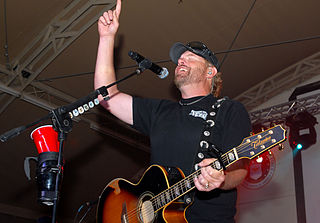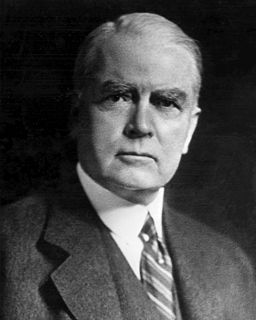A Quote by W. Somerset Maugham
No author can create a character out of nothing. He must have a model to give him a starting point; but then his imagination goes to work, he builds him up, adding a trait here, a trait there, which his model did not possess.
Related Quotes
I have a hundred times heard him say, that all ages and nations have represented their gods as wicked, in a constantly increasing progression; that mankind have gone on adding trait after trait till they reached the most perfect conception of wickedness which the human mind could devise, and have called this God, and prostrated themselves before it.
To be right, a person must do one of two things: either he must learn to have God in his work and hold fast to him there, or he must give up his work altogether. Since, however, we cannot live without activities that are both human and various, we must learn to keep God I everything we do, and whatever the job or place, keep on with him, letting nothing stand in our way.
A perfect historian must possess an imagination sufficiently powerful to make his narrative affecting and picturesque; yet he must control it so absolutely as to content himself with the materials which he finds, and to refrain from supplying deficiencies by additions of his own. He must be a profound and ingenious reasoner; yet he must possess sufficient self-command to abstain from casting his facts in the mould of his hypothesis.
The poet needs a ground in popular tradition on which he may work, and which, again, may restrain his art within the due temperance. It holds him to the people, supplies a foundation for his edifice; and, in furnishing so much work done to his hand, leaves him at leisure, and in full strength for the audacities of his imagination.
Some souls think that the Holy Spirit is very far away, far, far, up above. Actually he is, we might say, the divine Person who is most closely present to the creature. He accompanies him everywhere. He penetrates him with himself. He calls him, he protects him. He makes of him his living temple. He defends him. He helps him. He guards him from all his enemies. He is closer to him than his own soul. All the good a soul accomplishes, it carries out under his inspiration, in his light, by his grace and his help.
Yes, I am one of those people who feels that most of my work is adaptation of one sort or another. For me, it's a way to jump-start the engine. For example, some people use the technique of basing a character on a friend. They start writing with his or her voice, then at a certain point, the character takes off on his or her own. It probably no longer resembles the model, but it helped the author to get going. I find that's true of form, too. For every play I've written, I know what play I was trying to imitate. That helps me get going.
Man is an Animal, formidable both from his Passions and his Reason; his Passions often urging him to great Evils, and his Reason furnishing Means to achieve them. To train this Animal, and make him amenable to Order; to inure him to a Sense of Justice and Virtue, to withhold him from ill Courses by Fear, and encourage him in his Duty by Hopes; in short, to fashion and model him for Society, hath been the Aim of civil and religious Institutions; and, in all Times, the Endeavour of good and wise Men. The aptest Method for attaining this End, hath been always judged a proper Education.






































